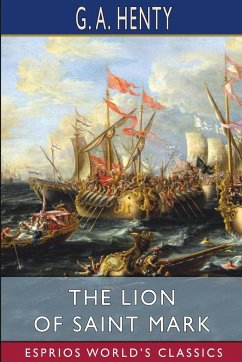Nicht lieferbar

Mark the Match Boy (Esprios Classics)
or, Richard Hunter's Ward
Horatio Alger, Jr. (January 13, 1832 - July 18, 1899) was an American writer. He wrote magazine stories and poems, a few novels for adults, and 100 plus boys' books. His boys' books were hugely popular. Alger was born in Massachusetts, and attended Harvard College. He became a Unitarian minister, but his career as a clergyman was brief. It ended when his congregation charged him with child molestation. Criminal charges were not placed against him, but his career in the church was finished. He moved to New York City to become a professional writer. In 1868, Alger found his place in the literary...
Horatio Alger, Jr. (January 13, 1832 - July 18, 1899) was an American writer. He wrote magazine stories and poems, a few novels for adults, and 100 plus boys' books. His boys' books were hugely popular. Alger was born in Massachusetts, and attended Harvard College. He became a Unitarian minister, but his career as a clergyman was brief. It ended when his congregation charged him with child molestation. Criminal charges were not placed against him, but his career in the church was finished. He moved to New York City to become a professional writer. In 1868, Alger found his place in the literary world with his fourth boys' book, Ragged Dick.






